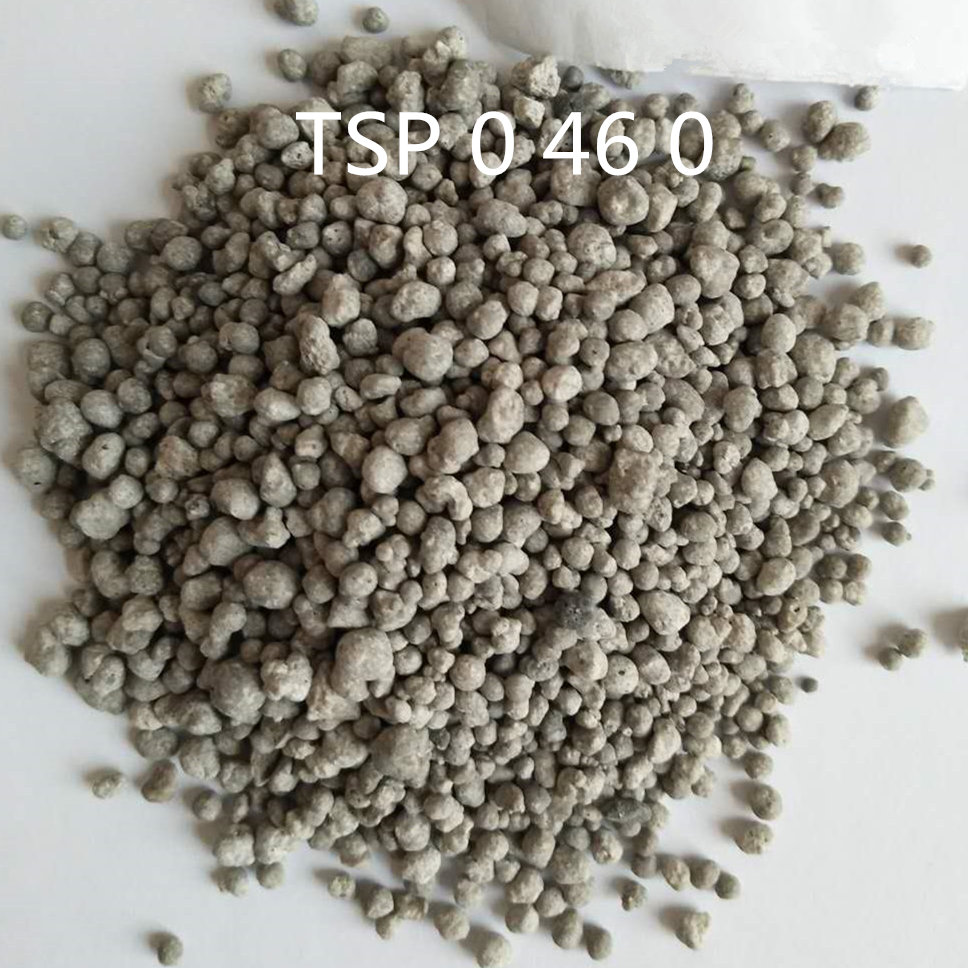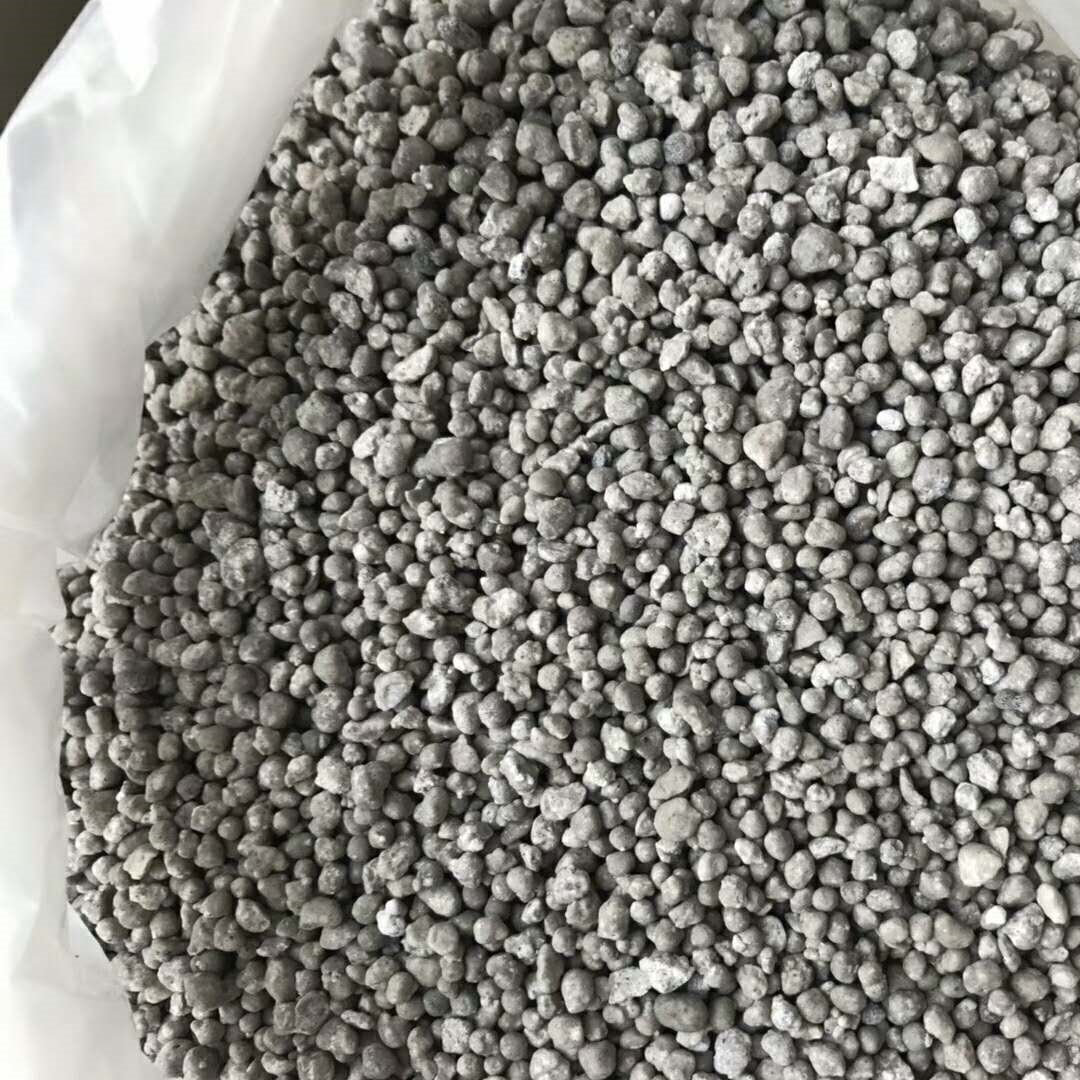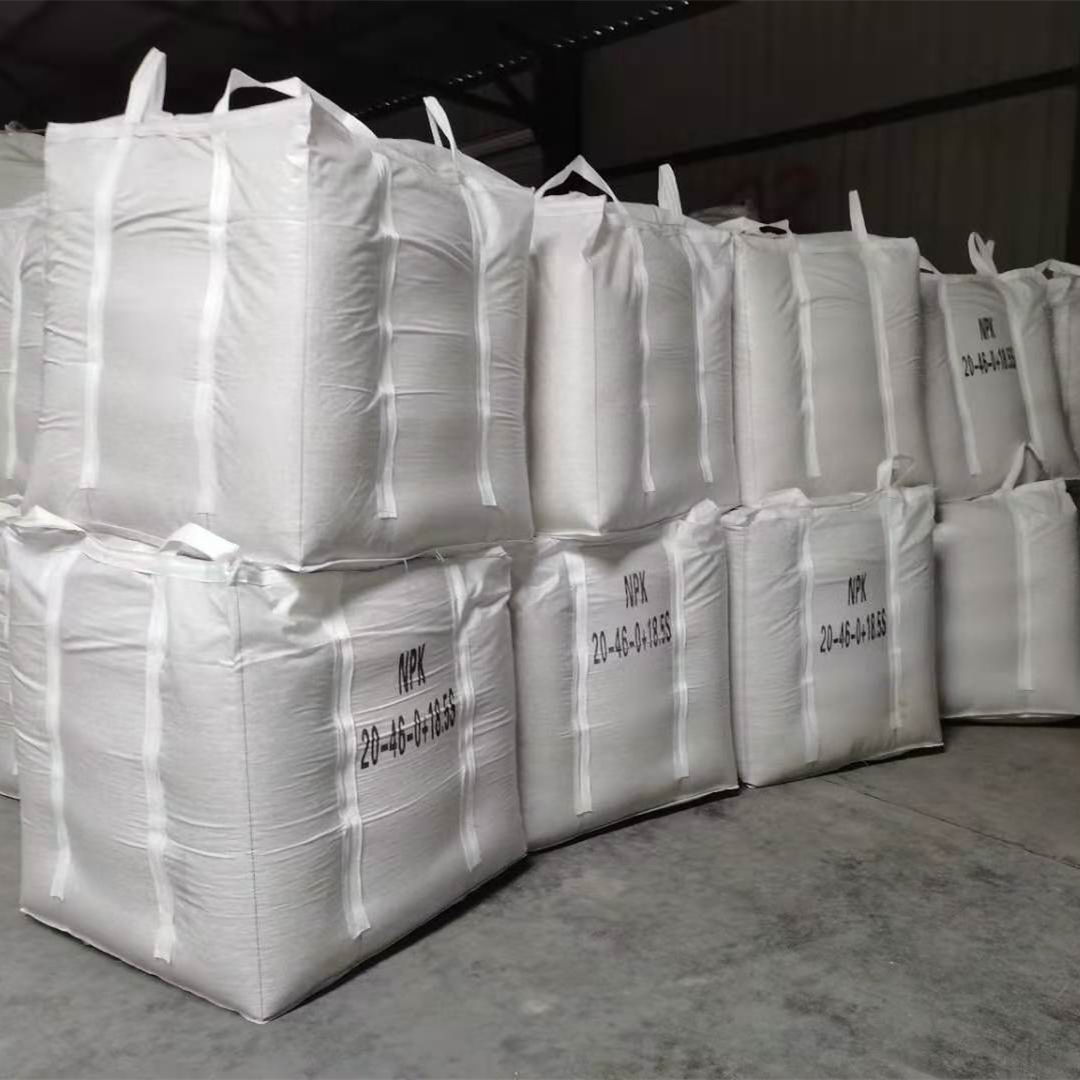
Sep . 09, 2025 20:00 Back to list
15-30-15 Granular Fertilizer for Robust Growth & Yields
The Strategic Role of 15-30-15 granular fertilizer in Modern Agriculture
In the dynamic landscape of modern agriculture, precise nutrient management is paramount for optimizing crop yield, enhancing quality, and ensuring sustainability. Among the myriad of available formulations, 15-30-15 granular fertilizer stands out as a high-efficiency compound nutrient solution. This specific NPK ratio — 15% Nitrogen (N), 30% Phosphorus (P₂O₅), and 15% Potassium (K₂O) — is meticulously engineered to support robust plant development, particularly during critical growth phases requiring elevated phosphorus levels for root establishment and flowering. Our discussion delves into its technical specifications, manufacturing intricacies, diverse application scenarios, and the profound advantages it offers to B2B stakeholders in the agricultural sector.
The demand for balanced and efficient fertilizers like 15-30-15 granular fertilizer reflects a broader industry shift towards precision agriculture, aiming to maximize nutrient uptake while minimizing environmental impact. We will explore how this granular formulation contributes to these objectives, offering a reliable solution for various crop types and soil conditions.
Industry Trends in Granular Fertilizers and Nutrient Management
The global agricultural input market is experiencing transformative trends, driven by increasing population, changing dietary habits, and the imperative for sustainable practices. Granular fertilizers, including specialized formulations like 15-30-15 granular fertilizer, are at the forefront of this evolution. Key trends include:
- Precision Nutrient Delivery: Growers are increasingly adopting technologies for soil mapping and variable rate application, demanding fertilizers that can be accurately spread and provide consistent nutrient release. Granular forms facilitate this precision.
- Enhanced Nutrient Use Efficiency (NUE): With rising fertilizer costs and environmental concerns, the focus is on formulations that maximize nutrient absorption by plants and minimize losses due to leaching, volatilization, or runoff. Innovations like coated granules or slow-release mechanisms are gaining traction.
- Sustainability and Environmental Stewardship: Regulations and consumer demand are pushing for fertilizers with lower carbon footprints and reduced potential for water pollution. This drives interest in products that support sustainable farming, such as those optimized for specific growth stages.
- Demand for Compound Fertilizers: The convenience and balanced nutrient profile of compound fertilizers, which combine multiple macronutrients (N, P, K) into a single granule, are preferred over bulk blending of individual components. This ensures more uniform application and nutrient distribution.
- Specialty Crop Focus: There's a growing market for specialized fertilizers tailored to the unique nutritional requirements of high-value crops, where specific NPK ratios like 15-30-15 can significantly impact yield and quality.
These trends underscore the importance of meticulously formulated products such as 15-30-15 granular fertilizer, which offers a targeted approach to plant nutrition in an increasingly complex agricultural environment.
Manufacturing Process of 15-30-15 Granular Fertilizer
The production of 15-30-15 granular fertilizer involves a sophisticated chemical engineering process to ensure precise nutrient ratios, consistent granule size, and optimal physical properties. The primary materials typically include urea or ammonium nitrate (for Nitrogen), diammonium phosphate (DAP) or triple super phosphate (TSP, for Phosphorus), and potassium chloride (MOP) or potassium sulfate (SOP) (for Potassium).
Process Flow Overview:
1. Raw Material Sourcing & Preparation
Urea (46-0-0 fertilizer), DAP (18-46-0 fertilizer), and MOP are precisely weighed and prepared. Quality control ensures purity and consistency of incoming materials against ISO 9001 standards.
2. Blending & Granulation
Materials are thoroughly mixed in a rotary granulator. Water or steam is added to form moist granules. This step is critical for achieving the homogenous NPK ratio and particle size.
3. Drying & Cooling
Granules are dried in a rotary dryer to reduce moisture content, preventing caking and ensuring stability. Subsequently, they are cooled to ambient temperature in a rotary cooler.
4. Screening & Sizing
Granules are passed through screens to achieve the desired particle size distribution (typically 2-4 mm). Oversized granules are crushed, and undersized particles are recycled back into the granulation stage.
5. Coating & Packaging
An anti-caking agent or a slow-release coating may be applied. The finished product is then packaged into bags, adhering to international standards for agricultural chemicals.

Testing Standards & Quality Assurance:
Our manufacturing processes adhere to stringent international testing standards, including ISO 9001 for quality management and relevant ANSI/ASTM standards for material specifications. Each batch of 15-30-15 granular fertilizer undergoes rigorous testing for:
- Nutrient Analysis: Verification of NPK content (15-30-15) against specified ratios.
- Particle Size Distribution: Ensuring uniformity for consistent application.
- Moisture Content: Critical for stability and preventing caking during storage.
- Crushing Strength: Indicating granule integrity during handling and spreading.
- Solubility: Confirming nutrient availability for plant uptake.
The typical shelf life of our granular fertilizers, when stored under recommended conditions (dry, cool environment), exceeds 2-3 years, ensuring long-term viability for our partners in agriculture and horticulture.
Technical Specifications of 15-30-15 Granular Fertilizer
Understanding the precise technical parameters of 15-30-15 granular fertilizer is essential for effective application and maximizing agricultural output. This formulation is distinguished by its high phosphorus content, making it ideal for stimulating root development and flowering.
Product Specification Table: 15-30-15 Granular Fertilizer
| Parameter | Specification | Testing Method |
|---|---|---|
| Total Nitrogen (N) | 15.0% min | AOAC 978.02 |
| Available Phosphate (P₂O₅) | 30.0% min | AOAC 960.02 |
| Soluble Potash (K₂O) | 15.0% min | AOAC 965.09 |
| Moisture Content | 1.5% max | ISO 7886 |
| Particle Size (2-4mm) | 90% min | ASTM D346 |
| Bulk Density | 0.95 - 1.10 g/cm³ | Internal Standard |
| Appearance | Granular, uniform color | Visual Inspection |

Comparative Analysis with Other Formulations:
To fully appreciate the value of 15-30-15 granular fertilizer, a comparison with other common NPK blends and single-nutrient fertilizers is beneficial.
| Fertilizer Type | NPK Ratio | Primary Application Focus | Advantages |
|---|---|---|---|
| 15-30-15 Granular Fertilizer | 15-30-15 | Early growth, root development, flowering, fruiting | High P for root vigor, balanced N/K for overall health. Versatile. |
| 19-19-19 Granular Fertilizer | 19-19-19 | General-purpose, vegetative growth | Balanced for all growth stages, good for maintenance. |
| 46-0-0 Urea Fertilizer (46 0 0 fertilizer for corn) | 46-0-0 | High nitrogen demand crops (e.g., corn, lawn), vegetative boost | Cost-effective N source, quick green-up. |
| 18-46-0 Fertilizer (DAP) | 18-46-0 | Seedling establishment, high phosphorus demand | Excellent P source, good N starter. Often blended. |
This comparison highlights that while `46-0-0 urea fertilizer` or `18-46-0 fertilizer` provide concentrated single nutrients or imbalanced ratios, `15-30-15 granular fertilizer` offers a harmonized blend specifically tuned for phases where phosphorus is a limiting factor, leading to superior physiological development.
Application Scenarios and Technical Advantages
The balanced yet phosphorus-centric nutrient profile of 15-30-15 granular fertilizer makes it highly versatile across various agricultural and horticultural applications.
Key Application Scenarios:
- Cereal Crops (e.g., Wheat, Barley, Rice): Applied at planting or early tillering stages to promote strong root development and nutrient uptake efficiency.
- Oilseed Crops (e.g., Canola, Soybeans): Supports robust flowering and pod formation, directly impacting yield and oil content.
- Vegetables (e.g., Tomatoes, Potatoes, Legumes): Crucial for initiation of flowering, fruit set, and tuber development, improving crop quality and marketability.
- Fruit Trees & Vineyards: Essential for flower bud differentiation, fruit development, and overall tree health.
- Turf & Ornamentals (e.g., 46 0 0 fertilizer lawn alternative): Can be used as a starter fertilizer for new lawns or ornamental plantings, establishing strong root systems.
- Pastures & Forage Crops: Enhances early establishment and vigor, leading to better forage quality and stand longevity.
Technical Advantages:
- Optimized Root Development: The high phosphorus content is critical for early root growth, anchoring the plant, and improving water and nutrient absorption. This foundational strength leads to more resilient crops.
- Enhanced Flowering and Fruiting: Phosphorus plays a pivotal role in energy transfer and reproductive processes. Adequate P supply from 15-30-15 ensures prolific flowering and increased fruit/grain set.
- Improved Nutrient Use Efficiency (NUE): The granular form ensures uniform distribution, reducing localized nutrient excesses or deficiencies. This leads to higher NUE compared to less precise application methods.
- Reduced Environmental Impact: Precise application and controlled nutrient release minimize leaching and runoff, protecting water quality and supporting sustainable farming practices.
- Versatility and Convenience: As a compound fertilizer, it provides three essential macronutrients in a single application, simplifying fertilizer management and reducing labor costs.
- Compatibility: Compatible with various spreading equipment, allowing for flexible application methods whether broadcast, band applied, or incorporated into the soil.

Vendor Comparison and Customized Solutions
Choosing the right supplier for agricultural inputs like 15-30-15 granular fertilizer is a critical business decision. Our commitment extends beyond just providing a product; we offer a partnership built on quality, reliability, and tailored solutions.
Key Differentiators in Vendor Selection:
- Product Quality & Consistency: We maintain rigorous quality control measures, ensuring that every batch of fertilizer meets or exceeds international standards, providing consistent NPK ratios and physical properties. This is backed by certifications like ISO 9001.
- Technical Expertise & Support: Our team offers in-depth knowledge of soil science and plant nutrition, providing guidance on optimal application rates and timings for various crops and regions. We collaborate with leading agricultural research institutions.
- Reliable Supply Chain: With years of experience and established logistics, we guarantee timely delivery and efficient fulfillment, minimizing disruptions to your operations.
- Customization Capabilities: Understanding that agricultural needs are diverse, we offer flexible manufacturing to produce specific NPK ratios, granule sizes, or incorporate micronutrients as per client requirements.
- Sustainability Commitment: We are dedicated to environmentally responsible manufacturing processes and products that support sustainable agriculture.
Our Approach to Customized Solutions:
Recognizing that a "one-size-fits-all" approach is rarely sufficient in agriculture, we specialize in providing bespoke solutions. For clients requiring specific blends beyond the standard 15-30-15 granular fertilizer, we engage in a comprehensive consultation process:
- Needs Assessment: Detailed analysis of soil test reports, crop types, growth stages, climate, and desired yield targets.
- Formulation Development: Our R&D team designs custom NPK ratios, potentially integrating secondary nutrients (Ca, Mg, S) or micronutrients (Zn, B, Fe, Mn) to address specific deficiencies.
- Pilot Production & Testing: Small-batch production for client evaluation and field trials to validate performance.
- Scalable Manufacturing: Once approved, we scale up production while maintaining stringent quality control, ensuring consistent product specifications.
- Logistics & Delivery: Tailored packaging and shipping solutions to meet individual client requirements, whether bulk or specific bag sizes.
This client-centric approach ensures that our partners receive not just fertilizer, but a strategic nutrient management tool optimized for their unique operational goals.
Application Case Studies and Customer Feedback
Our commitment to quality and performance is consistently demonstrated through successful applications of our granular fertilizers across diverse agricultural settings. Here are illustrative examples and insights from our valued partners.
Case Study 1: Enhanced Maize Yield in Midwestern US
A large-scale maize (corn) producer in the Midwestern United States sought to optimize early-season vigor and root development, particularly in fields with moderate phosphorus deficiency. After a comprehensive soil analysis, our technical team recommended the application of 15-30-15 granular fertilizer as a starter fertilizer. The granular form allowed for precise band application at planting.
- Outcome: Farmers reported a noticeable improvement in stand establishment, with more vigorous seedlings and significantly enhanced root biomass compared to control plots receiving a standard 19-19-19 granular fertilizer. Yield data at harvest indicated an average increase of 7% in grain production, translating to substantial economic gains.
- Customer Feedback: "The early season push we got from the 15-30-15 was undeniable. Our corn had a head start, and that translated directly to better yields. The consistent granule quality also made application a breeze." - Agronomist, Midwest Ag Holdings.
Case Study 2: Improved Fruit Set in European Orchards
A major apple orchard operator in Europe faced challenges with inconsistent flowering and fruit set, leading to variable annual yields. Based on the specific requirements of fruit-bearing trees during the critical pre-bloom and post-bloom stages, our customized blend, which mirrored the high phosphorus profile of 15-30-15 granular fertilizer with added micronutrients, was implemented.
- Outcome: The application led to a more uniform and abundant bloom. Post-harvest analysis showed an increase in the number of marketable fruits per tree and improved fruit size and quality. The balanced nutrition also contributed to enhanced tree resilience against seasonal stresses.
- Customer Feedback: "Switching to their specialized granular blend made a tangible difference in our orchards. We saw a consistent improvement in fruit set, which is vital for our bottom line. Their technical support was invaluable." - Operations Manager, European Orchard Cooperative.
These cases demonstrate the practical efficacy and economic benefits realized by clients leveraging our expertise and high-quality granular fertilizer solutions.
Frequently Asked Questions (FAQ)
Q1: What does the NPK ratio 15-30-15 signify?
A1: The numbers 15-30-15 represent the percentage by weight of Nitrogen (N), Phosphorus (P₂O₅), and Potassium (K₂O) respectively. Thus, `15-30-15 granular fertilizer` contains 15% Nitrogen, 30% available Phosphate, and 15% soluble Potash. This ratio is ideal for plants requiring high phosphorus for root growth and flowering, with balanced nitrogen for vegetative growth and potassium for overall plant health.
Q2: When is the best time to apply 15-30-15 granular fertilizer?
A2: This formulation is most effective when applied during critical growth stages where phosphorus demand is high. This typically includes pre-planting, planting (as a starter fertilizer), or early vegetative stages to promote strong root development. It's also beneficial before flowering and fruit set to support reproductive growth. Always consider a soil test for precise recommendations.
Q3: Can 15-30-15 granular fertilizer be used on all soil types?
A3: While suitable for a wide range of soil types, its efficacy is maximized when applied based on soil test results. It is particularly beneficial in soils that are naturally low in phosphorus or have high pH levels that can limit phosphorus availability. We recommend soil analysis to tailor application rates to specific field conditions and avoid unnecessary nutrient loading.
Q4: What are the storage requirements for granular fertilizers?
A4: To maintain product integrity and prevent caking, granular fertilizers should be stored in a cool, dry place, away from direct sunlight and moisture. Ensure bags are sealed to prevent absorption of humidity. Proper storage maximizes the product's shelf life, which is typically 2-3 years under optimal conditions.
Lead Time, Warranty, and Customer Support
Lead Time and Fulfillment:
We understand the time-sensitive nature of agricultural inputs. Our standard lead time for `15-30-15 granular fertilizer` orders typically ranges from 10 to 20 business days from order confirmation, depending on volume and customization requirements. For urgent or large-scale projects, we offer expedited production and logistics solutions. We maintain strategic inventory levels to ensure prompt dispatch, particularly during peak seasons. Our robust supply chain and global distribution network ensure efficient and reliable delivery to your specified location, minimizing operational delays.
Warranty Commitments:
We stand by the quality of our 15-30-15 granular fertilizer. All products are manufactured under strict ISO 9001 certified quality management systems and guaranteed to meet the published technical specifications, including NPK analysis, particle size, and moisture content, upon delivery. In the rare event of a product not meeting these specifications, we commit to prompt investigation and appropriate corrective action, including replacement or credit. Our warranty period typically covers manufacturing defects and material non-conformance for a period of 12 months from the date of shipment, provided the product has been stored and handled according to our recommendations.
Dedicated Customer Support:
Our commitment to our B2B partners extends through comprehensive post-sales support. Our dedicated customer service team and agricultural experts are available to assist with technical queries, application guidance, order tracking, and any concerns that may arise.
- Technical Assistance: Our agronomists provide expert advice on soil nutrition, crop-specific fertilization, and product optimization.
- Order Management: Streamlined processes for order placement, tracking, and modification.
- Issue Resolution: Prompt and effective resolution of any product or delivery-related issues.
We pride ourselves on building long-term relationships through unparalleled product quality and responsive customer service.
References
- International Organization for Standardization (ISO). ISO 9001: Quality Management Systems.
- Food and Agriculture Organization of the United Nations (FAO). The state of the world’s land and water resources for food and agriculture (SOLAW) – Managing systems at risk.
- Fertilizer Industry Handbook. Current Trends in Granular Fertilizer Production.
- American Society for Testing and Materials (ASTM). Standards for Agricultural Product Testing.
- Agricultural & Food Chemistry Journal. Research on NPK Ratios and Crop Yield Optimization.
-
Organic Pepper Fertilizer – Sustainable Growth for Healthier Crops and Soils
NewsNov.25,2025
-
Sustainable Growth with Organic Phosphate Fertilizer | Benefits & Innovations
NewsNov.24,2025
-
Organic Phosphorus and Potassium Fertilizer: Sustainable Soil Nutrition & Global Impact
NewsNov.24,2025
-
Organic Phosphorus Fertilizer: Sustainable Nutrient Solutions for Modern Agriculture
NewsNov.23,2025
-
Sustainable Growth with Organic Phosphorus Plant Fertilizer | HH Fertilizer
NewsNov.23,2025
-
Organic Plant Meal Fertilizer for Sustainable Agriculture – Benefits & Innovations
NewsNov.22,2025
